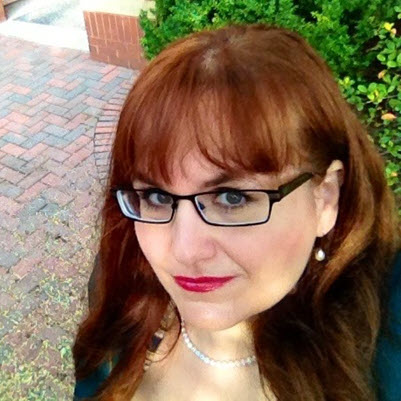Military Deception and Strategic Culture: The Soviet Union and Russian Federation

Abstract:
Strategic culture shapes political-military organizational activity through a process of socialization, yet little is known about strategic culture’s impact on information operations. This paper explores the influence of Russian-Soviet strategic culture on military deception operations during World War II, the Soviet Afghan War, and the conflict in Ukraine. It finds that the hierarchical characteristic of Russian-Soviet strategic culture contributes to the centralization of deception operations. This work shows that, in the context of foreign policy toward Russia, not only does one need to consider technological innovations for traditional military use, but also advances below the threshold of declared war.
AUTHORS

Sam Nunn School of International Affairs Georgia Institute of Technology
Atlanta, Georgia, United States
Sara C. Morrell is a graduate student in the Sam Nunn School of International Affairs at the Georgia Institute of Technology. Her research focuses on culture, social self-identity, and information warfare. She is a co-author of “Democracy and Progressive Modernity in Constructions of Community: Europe, the United States, and the Russian ‘Other’” in Triangular Diplomacy among the United States, the European Union, and the Russian Federation. Morrell has also spoken on the Information and Psychological Warfare panel at the International Studies Association Annual Convention in 2019.

Sam Nunn School of International Affairs Georgia Institute of Technology
Atlanta, Georgia, United States
Dr. Margaret E. Kosal is Associate Professor in the Sam Nunn School of International Affairs at Georgia Institute of Technology, where she also directs the Sam Nunn SecurityProgram. Her research explores the relationships among technology, strategy, and governance. She is the author of Nanotechnology for Chemical and Biological Defense, and editor/contributor to the Technology and the Intelligence Community: Challenges and Advances for the 21st Century and Development, Use, and Proliferation of Disruptive and Game-Changing Technologies in Modern Warfare. Formally trained as an experimental scientist, Kosal earned a doctoral degree in Chemistry from the University of Illinois at Urbana-Champaign (UIUC) working on biomimetic and nano-structured functional materials. Kosal previously has served as a Senior Advisorto the Chief of Staff of the U.S. Army, as Science and Technology Advisor within the Office of the Secretary of Defense (OSD), and as an Associate to the National Intelligence Council (NIC).
Published In
Journal of Information Warfare
The definitive publication for the best and latest research and analysis on information warfare, information operations, and cyber crime. Available in traditional hard copy or online.
Quick Links
Archive

